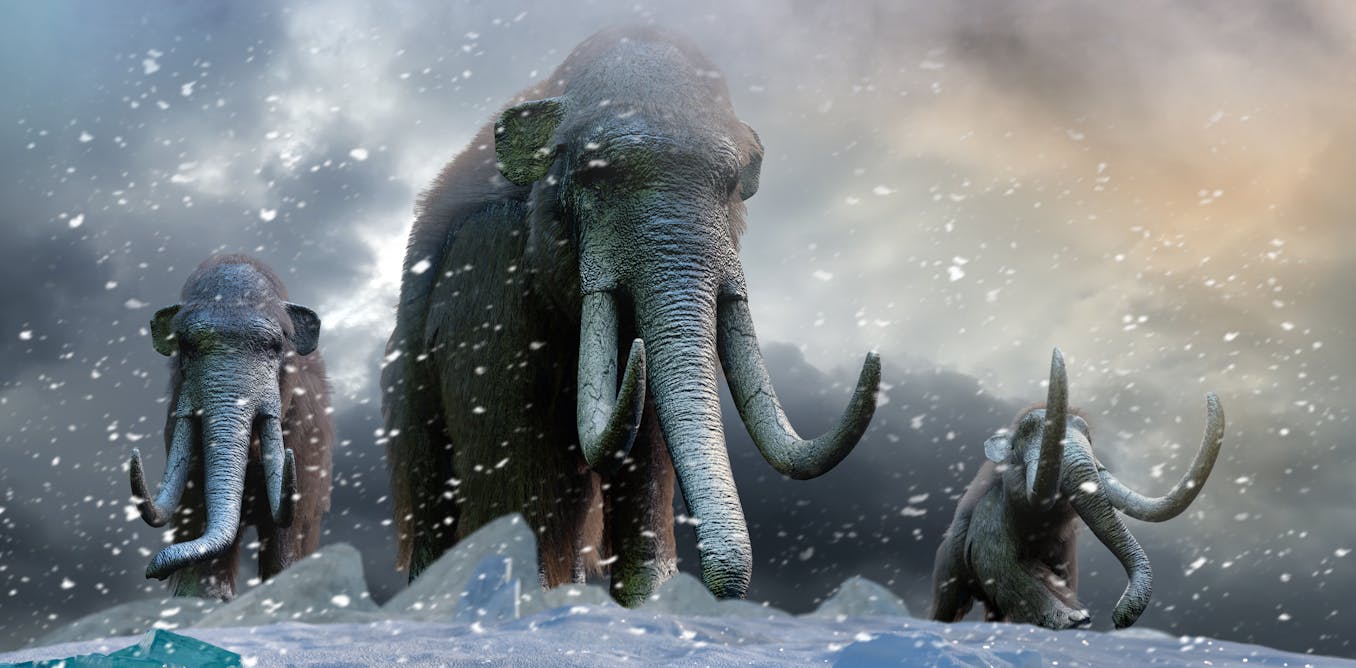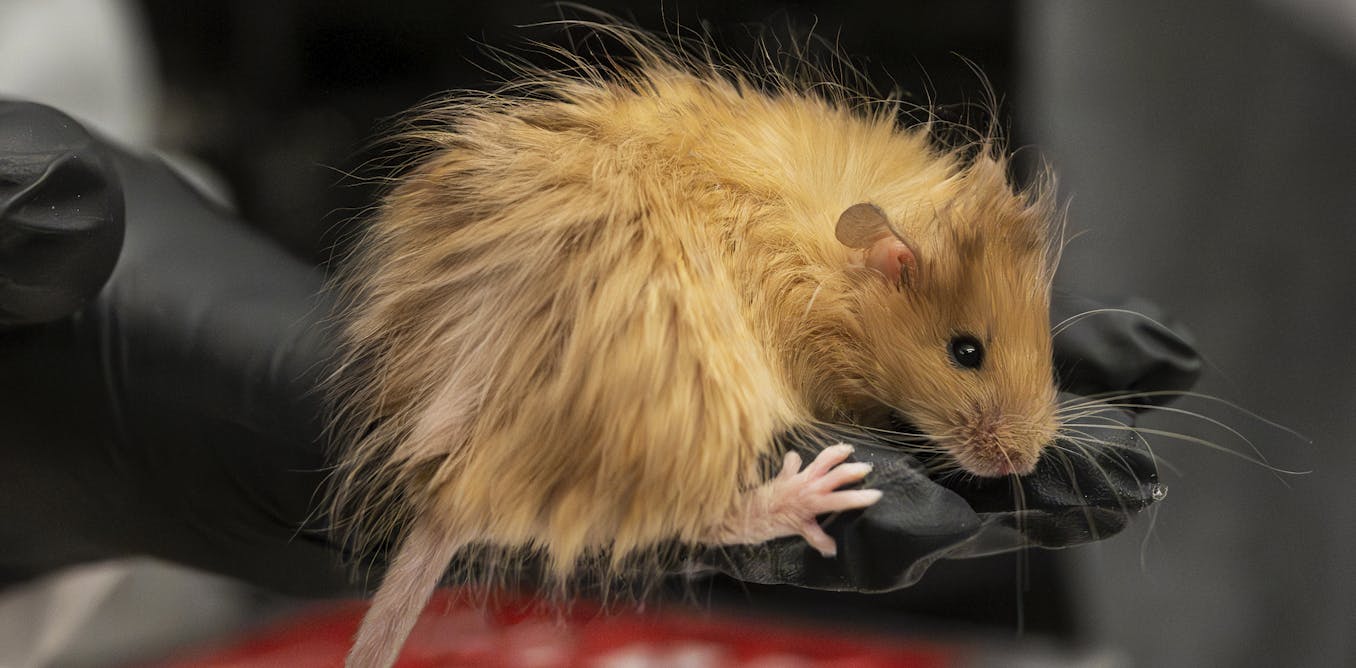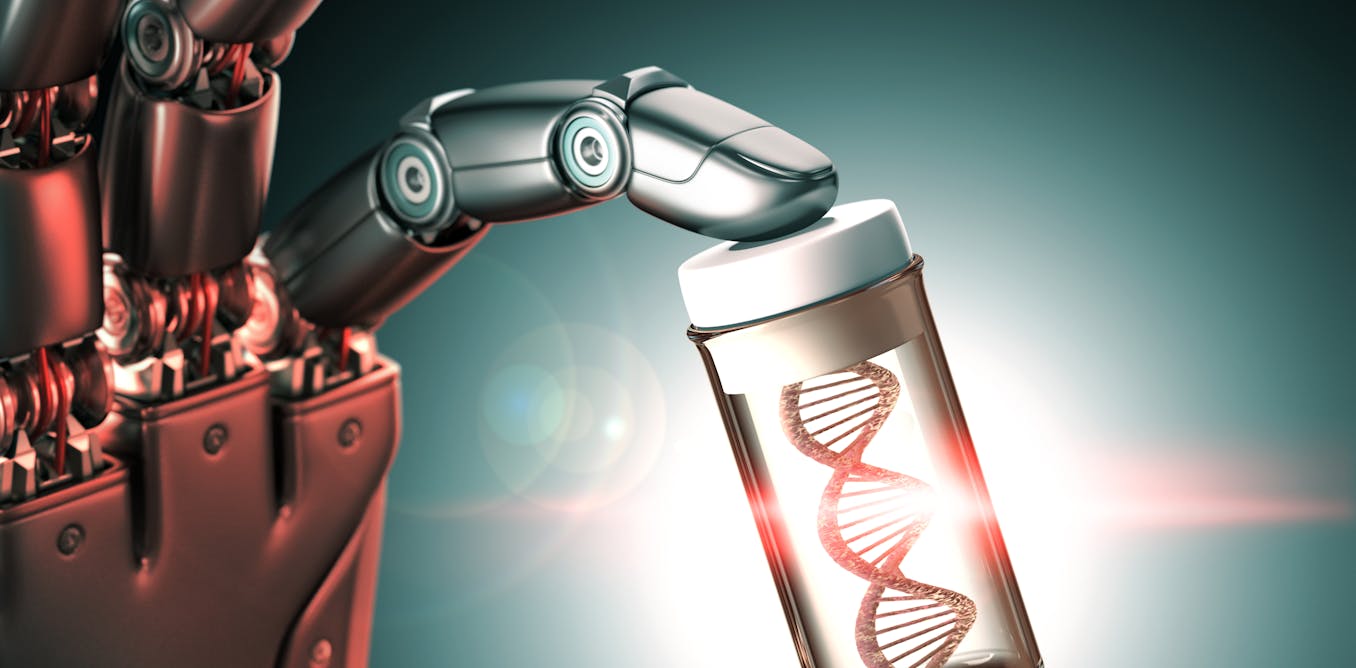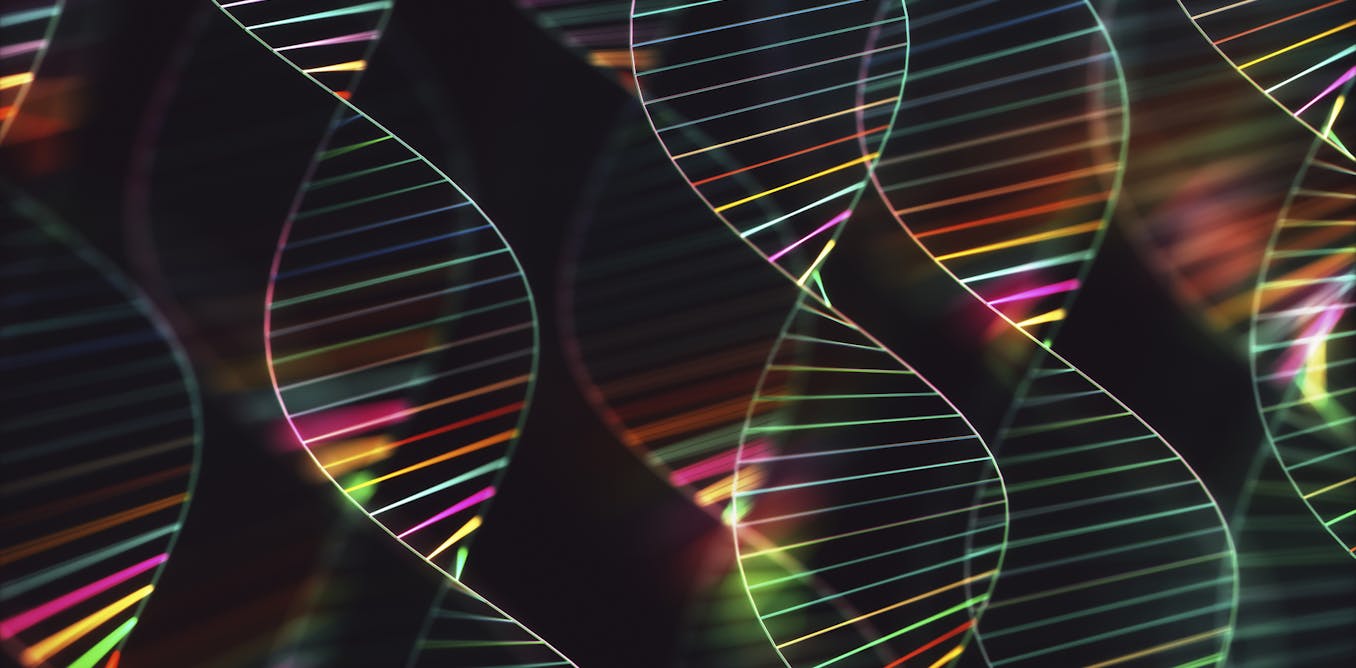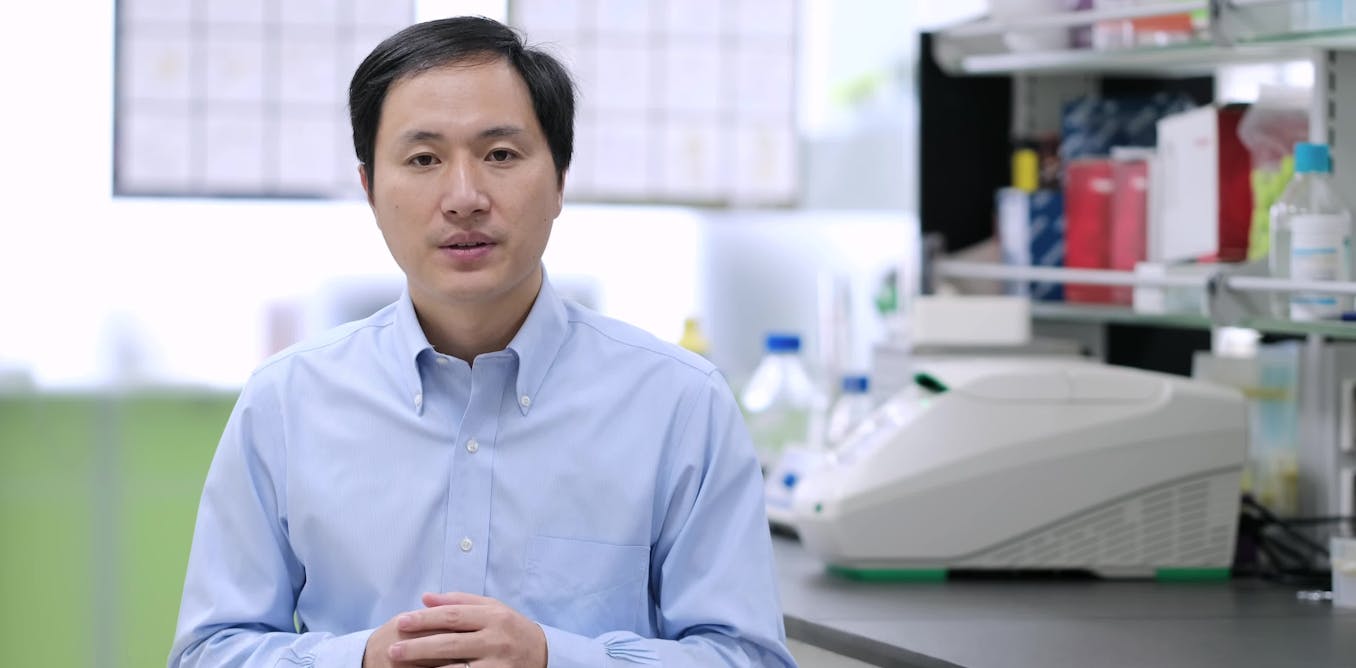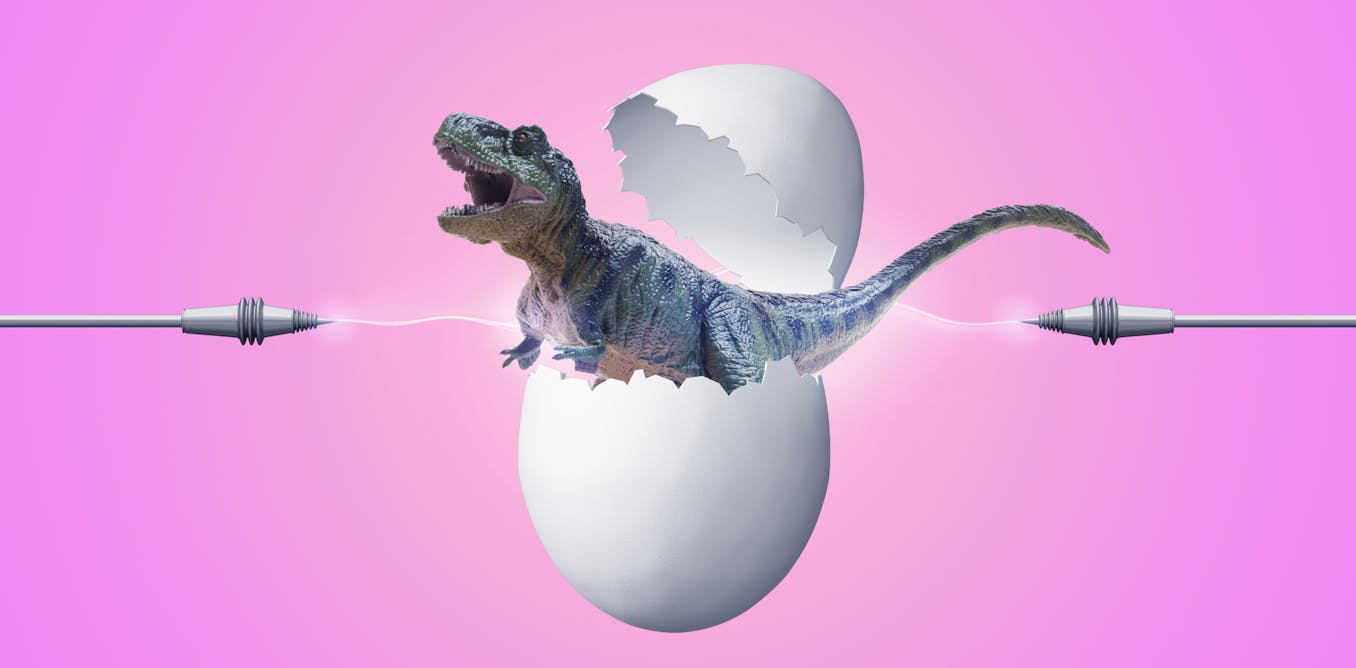Plants get a GMO glow-up: Genetically modified varieties are coming out of the lab and into homes and gardens
Lose the prickles. Add bioluminescence. Up the nutrients without the bitter flavor. CRISPR gene editing is opening a new world of genetically modified plants for home growers.
Sept. 16, 2024 • ~6 min
AI plus gene editing promises to shift biotech into high gear
AI has learned the ins and outs of proteins. Gene editing gives scientists control of life’s molecular machinery. Together they could lead to a revolution in biotechnology.
June 6, 2024 • ~8 min
CRISPR and other new technologies open doors for drug development, but which diseases get prioritized? It comes down to money and science
Drug development takes a great deal of time, money and effort. While future profits play a big factor in which diseases gets prioritized, advocacy and research incentives can also tilt the scale.
Dec. 14, 2023 • ~10 min
Human genome editing offers tantalizing possibilities – but without clear guidelines, many ethical questions still remain
Following the controversial births of the first gene-edited babies, a major focus of the Third International Summit on Human Genome Editing was responsible use of CRISPR.
March 8, 2023 • ~8 min
Did He Jiankui 'Make People Better'? Documentary spurs a new look at the case of the first gene-edited babies
Scientific and public uproar resulted when the Chinese scientist announced the births of the first human babies with heritable edits to their genes. A new documentary reexamines the saga.
Dec. 20, 2022 • ~11 min
Y chromosome loss through aging can lead to an increased risk of heart failure and death from cardiovascular disease, new research finds
The negative health effects of Y chromosome loss could be one potential reason women tend to live longer than men.
July 14, 2022 • ~5 min
'Jurassic World' scientists still haven't learned that just because you can doesn't mean you should – real-world genetic engineers can learn from the cautionary tale
As genetic engineering and DNA manipulation tools like CRISPR continue to advance, the distinction between what science ‘could’ and ‘should’ do becomes murkier.
June 9, 2022 • ~11 min
Genetic GPS system of animal development explains why limbs grow from torsos and not heads
Hox genes make sure all your body parts grow in the right place. Understanding how they work can reveal the process of evolution and lead to potential treatments for congenital birth defects.
Nov. 10, 2021 • ~10 min
/
3

